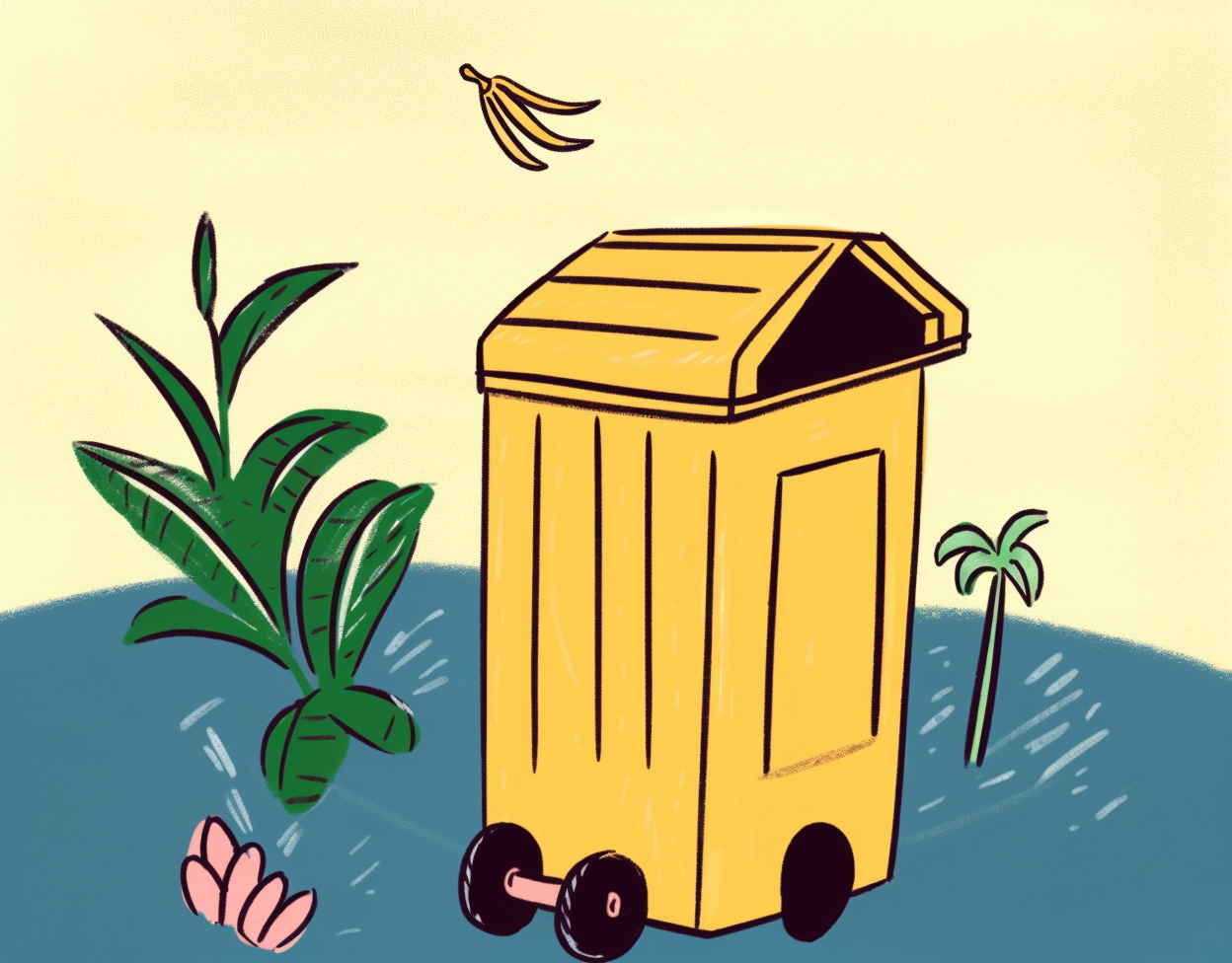Recycle

Recycling in the kitchen is important because it helps reduce the amount of waste sent to landfills, conserves natural resources, and saves energy. By recycling in the kitchen, you can help reduce the amount of waste produced in your household and make a positive impact on the environment.
Here are some reasons why you should recycle in the kitchen:
- Reduce landfill waste: Recycling helps divert waste from landfills, which reduces the amount of space needed for disposal and prevents the release of harmful greenhouse gases.
- Conserve resources: Recycling materials such as glass, aluminum, and paper conserves natural resources and reduces the energy needed to extract and process raw materials.
- Save energy: Recycling also saves energy by reducing the need for new materials to be produced. For example, recycling aluminum cans requires 95% less energy than producing new ones.
Recycling in the kitchen can be easy, and there are many ways to do it. Here are some tips:
- Separate recyclables from non-recyclables: Make sure to have separate bins for recyclables such as plastic, glass, and paper. This makes it easier to sort and recycle the materials.
- Compost food waste: Food waste can be composted and used as fertilizer for plants. If you don't have a compost bin, look into local composting programs or consider starting one of your own.
- Choose recyclable products: Look for products made from materials that can be recycled, such as glass, aluminum, and paper.
To give an idea of the scale of the waste issue, here are some waste statistics:
- In the UK, it is estimated that households produce around 22 million tonnes of waste each year, with around 45% of this being recycled (source: DEFRA).
- In the US, it is estimated that the average person generates 4.9 pounds of waste per day, with around 35% of this being recycled (source: EPA).
- Worldwide, it is estimated that the amount of waste generated will increase by 70% by 2050 (source: World Bank).